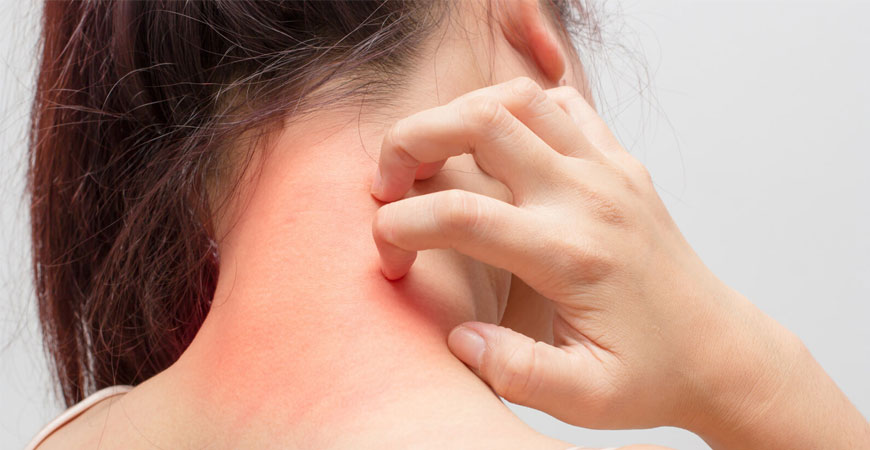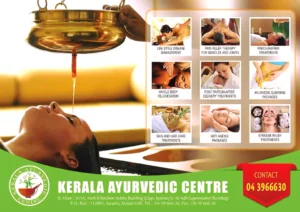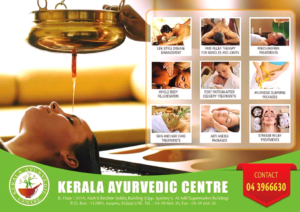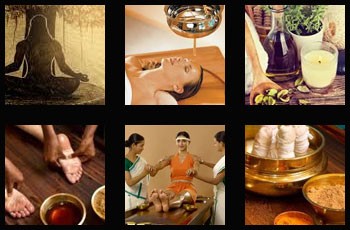INTRODUCTION OF PSORIASIS
Psoriasis is a skin condition in which skin cells proliferate 10 times quicker than normal. This permits rough red areas covered in white scales to form on the skin. They can appear everywhere, but the most common sites are the scalp, elbows, knees, and lower back.
In Ayurveda, this disease is called Kitibha, and it is caused by vitiation in the Vata and Kapha doshas. In Ayurveda, these symptoms are called as Syavam, Kinakharasparsa, and Parusa. The pacification of the three or vitiated doshas is employed in Ayurveda to treat psoriasis. It is made possible with the help of helpful plants. Several internal and environmental elements are addressed when the treatment begins, and everything is eased with the help of Ayurveda. Furthermore, during this time, proper nutrition and urgent lifestyle changes are essential.
It can be uncomfortable, disrupts sleep, and makes it difficult to concentrate. The illness tends to cycle, with flare-ups lasting a few weeks or months and then diminishing.
SYMPTOMS OF PSORIASIS
- A patchy rash that varies greatly in appearance from person to person, ranging from dandruff-like scaling to massive eruptions over large areas of the body.
- Rashes that range in hue from purple to grey scale on brown or black skin to pink to red with silver scale on white skin.
- Small patches of scaling (commonly seen in children)
- Skin that is dry, cracked, and bleeds
- Itching, burning, or discomfort
- Cyclic rashes are rashes that flare up for a few weeks or months before subsiding.
TYPES OF PSORIASIS
Psoriasis plaque
Plaque psoriasis is the most prevalent type of psoriasis, characterised by dry, itchy, elevated skin patches (plaques) covered in scales. There could be a few or a lot. Elbows, knees, lower back, and scalp are commonly affected. The hue of the patches varies based on the skin tone. On brown or black skin, the afflicted skin may recover with transitory colour changes (post inflammatory hyperpigmentation).
Psoriasis of the nails
Psoriasis can cause pitting, irregular nail development, and discolouration in the fingernails and toenails. The nails of people with psoriasis may weaken and split from the nail bed (onycholysis). The nail may crumble if the illness is severe.
Psoriasis guttate.
Guttate psoriasis primarily affects teenagers and young adults. A bacterial infection, such as strep throat, is frequently the cause. It is distinguished by small, drop-shaped, areas of scaling on the torso, arms, or legs.
Psoriasis in reverse.
The skin folds of the groin, buttocks, and breasts are mostly affected by inverse psoriasis. It generates smooth, inflammatory areas of skin that become worse with friction and sweating. This kind of psoriasis is caused by fungal infections.
Psoriasis with pustules
A rare kind of psoriasis, pustular psoriasis, generates clearly distinct pus-filled blisters. It might appear in large patches or in little patches on the palms and soles.
Psoriasis Erythrodermic
Erythrodermic psoriasis is the least frequent variety of psoriasis, and it causes a peeling rash that can itch or burn violently. It can be acute (short-term) or chronic (long-term) (chronic).
TREATMENT OF PSORASIS IN AYURVEDA
Lepam is an Ayurvedic treatment for skincare that is known to be helpful in treating a host of skin conditions. It is particularly useful in the treatment of psoriasis.
Lepam treatment is also anti-inflammatory and helps to provide relief from pain caused by inflammation and to reduce swelling of the affected part. The procedure involves the use of a paste made from herbs that is applied to the affected body part. Lepam is an herbal paste that is applied externally to the affected area. The herbal powder and medium for making the paste are chosen based on the individual’s health. The herbal paste is made by selecting herbs that are appropriate for the pathology and Doshas involved.
The Lepam acts as a skin exfoliant. It aids in the cleansing and smoothing of the skin. The herbs in the Lepam aid in blood circulation and skin nourishment. The medicinal characteristics of the plants guarantee that any vitiated Doshas are balanced, allowing the skin problem to be effectively managed. Those who are experiencing pain and inflammation will benefit from this therapy because lepam has analgesic characteristics that ease pain and reduce inflammation. The therapy nourishes the tissues, resulting in an improvement in general health.
Snehapana: Snehan is the use of medicated oils, either internally or topically (oleation). Snehan refers to the ingestion of medicinal fats or the application of oil to the skin for a set period of time. A panchkarma treatment that provides a holistic and methodical approach to deep-cleansing the body by draining toxins out at the cellular level. It allows the individual to get the most out of his or her benefits. Snehapanam treatment can be made with either vegetable or animal oils, such as Mahua, mustard, sesame, Bahera, Erand, and Karanj.
Takradhara: Stress-induced autonomic response and decreased pituitary-adrenal function are linked to psoriasis. Pouring Medicated Buttermilk on the forehead for a set period of time has a calming effect and regulates the rhythm. This therapy is used to treat psoriasis and has a healing impact on the affected area of the body. This is a particularly reactive psoriasis treatment.By lowering stress, anxiety, and autoimmune illnesses, Takra Dhara impacts Mana and Prana Vayu, allowing for proper sleep. These are a major cause of skin problems. As a result, Takra Dhara is one of the most effective psoriasis treatments.
Rathamokshan: Raktamokshana, or bloodletting, is an efficient blood purification technique that involves the removal of small amounts of unclean blood in a regulated manner in order to neutralise accumulated poisons. When rakta and pitta poisoning has reached a point where herbs or other treatments are no longer effective, raktamokshan comes to the rescue. It enables a speedy and often dramatic relief of symptoms in the treatment of psoriasis.
Internal Medicine: Psoriasis can be treated with a variety of methods, including oral medicines. Oral medications are a type of systemic treatment, meaning they affect your entire body. These medications are often reserved for those who have had little success with previous psoriasis therapies.
Conclusion: Psoriasis is an autoimmune condition that may be very unpleasant to handle. It’s critical to receive the right treatment because many people mistake psoriasis for a rash. It’s essential to take control of your psoriasis rather than allowing it to control you.
The great thing about ayurveda is that its treatments always yield side benefits, not side effects. Ayurveda is simply the science of understanding your own unique self and being who you are meant to be, at KERALA AYURVEDIC CENTRE DUBAI we understand the need to be WELL +HAPPY and that is why, based on the patient’s needs and prognosis, we create an ayurvedic health plan.
Book an appointment for your loved ones only at KERALA AYURVEDIC CENTRE DUBAI where their health is in reliable hands and their skin is on a road recovery.





